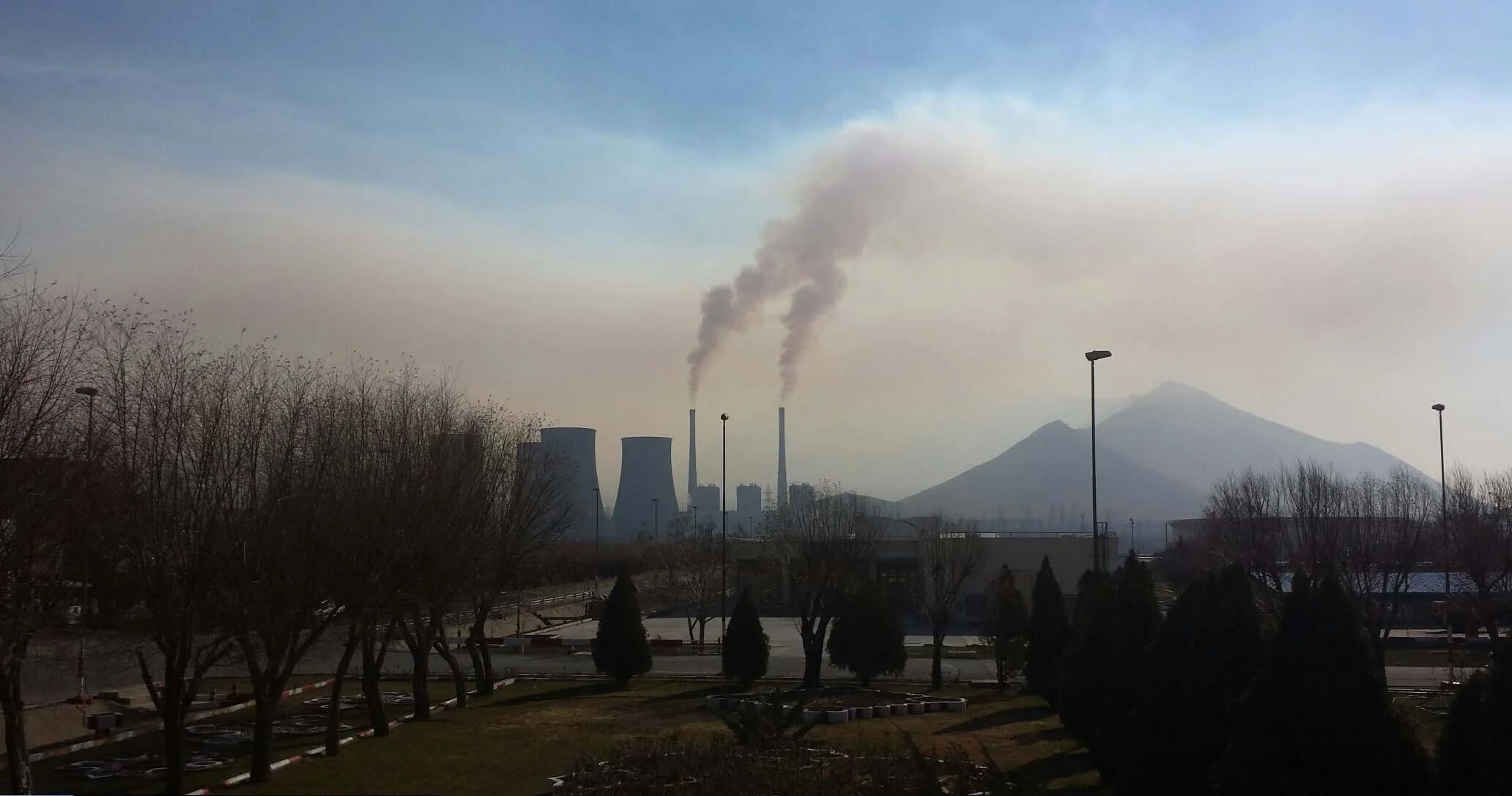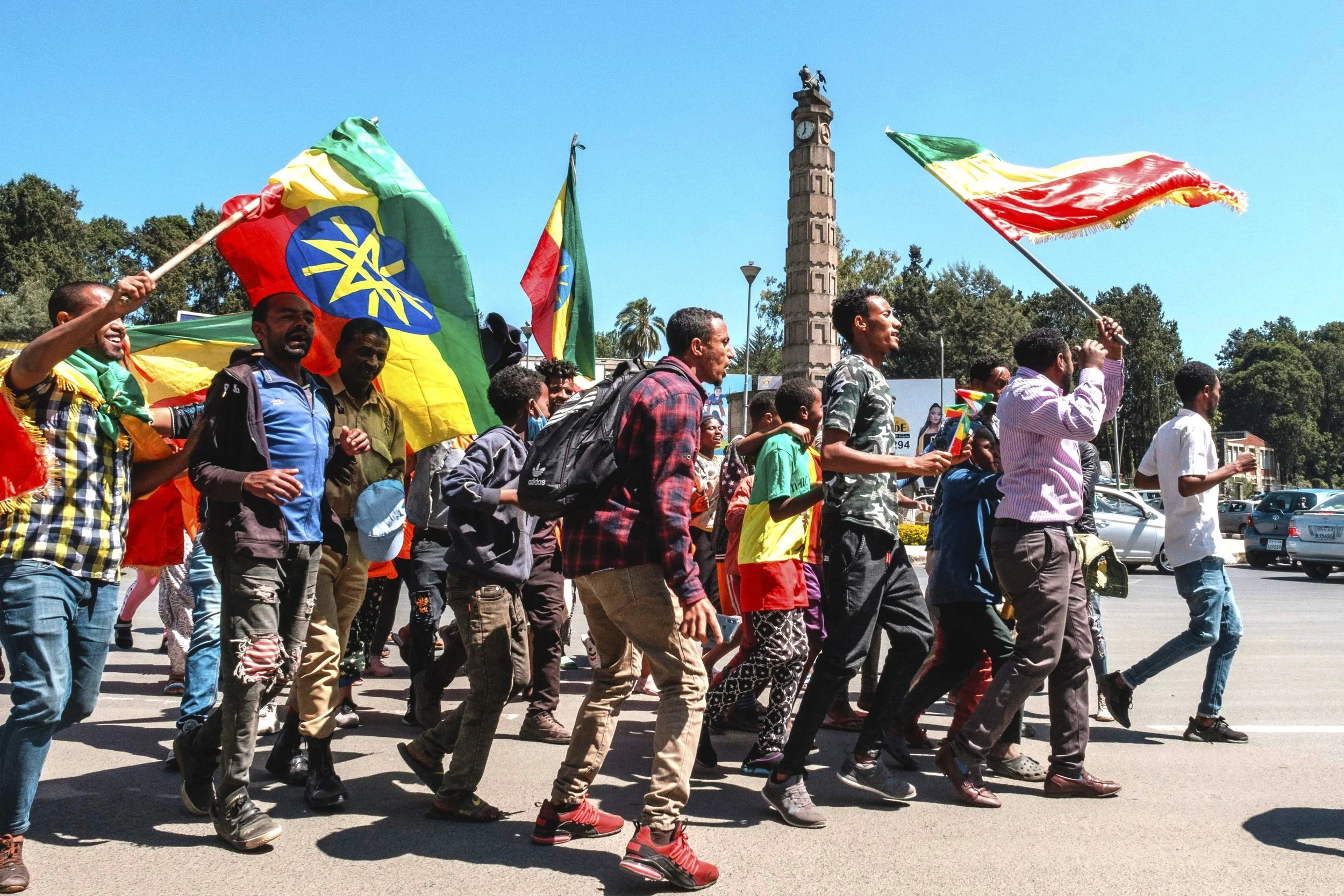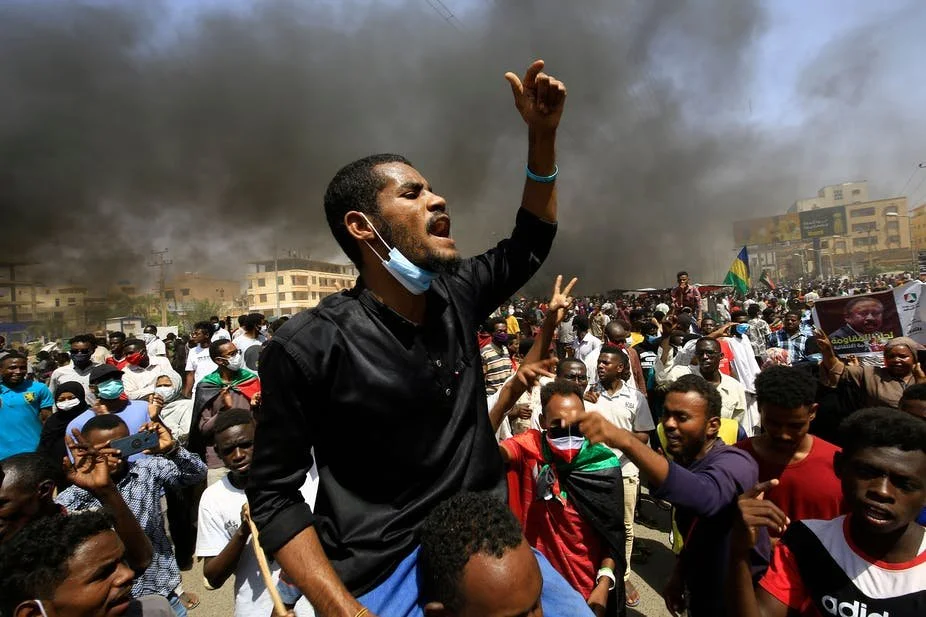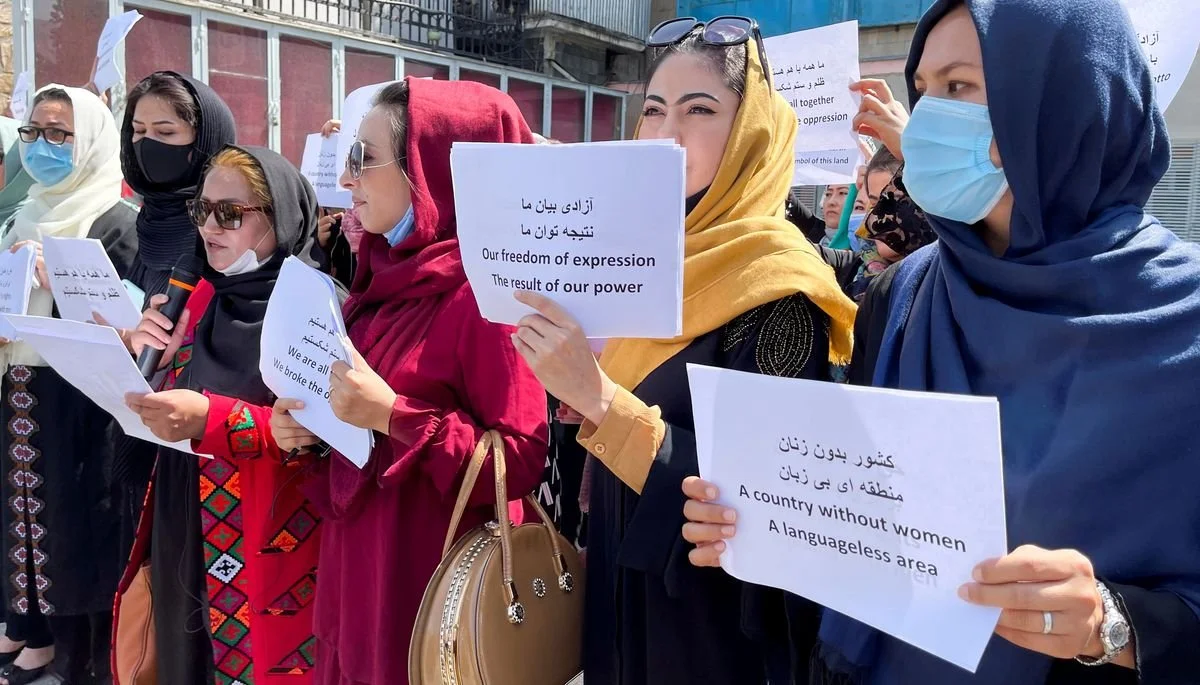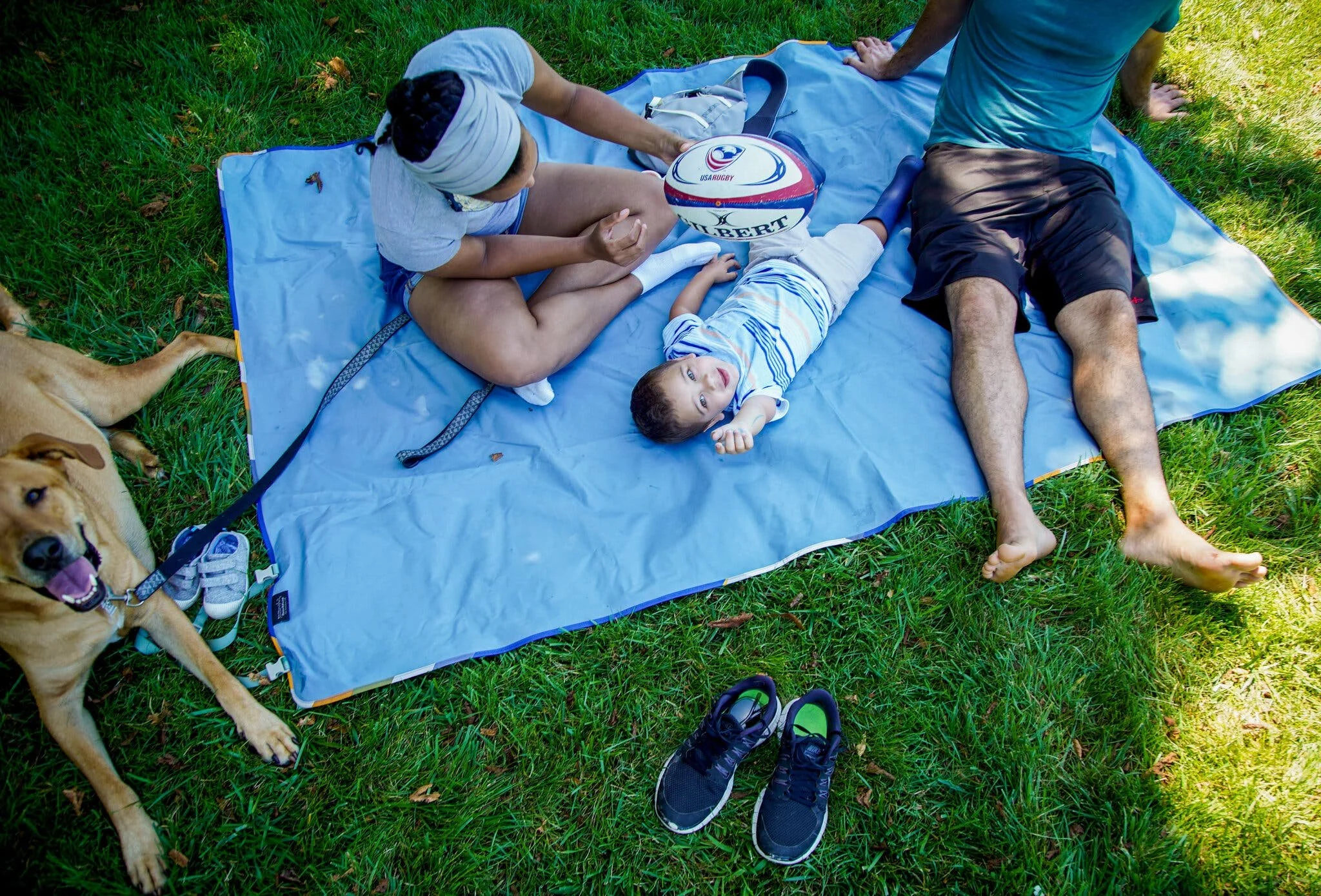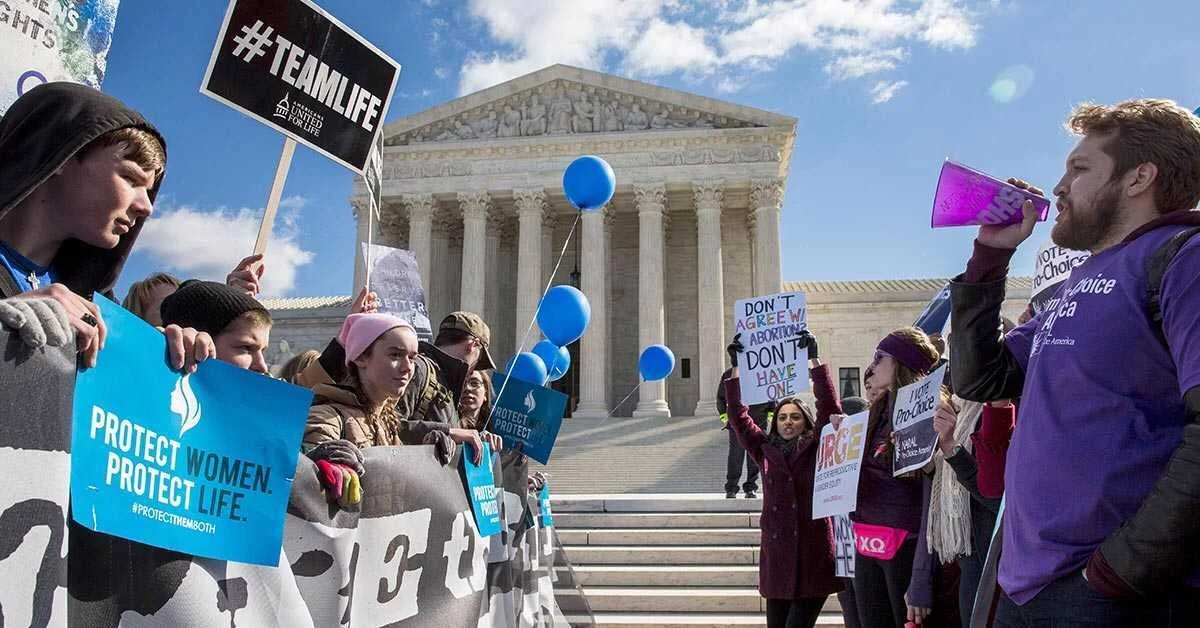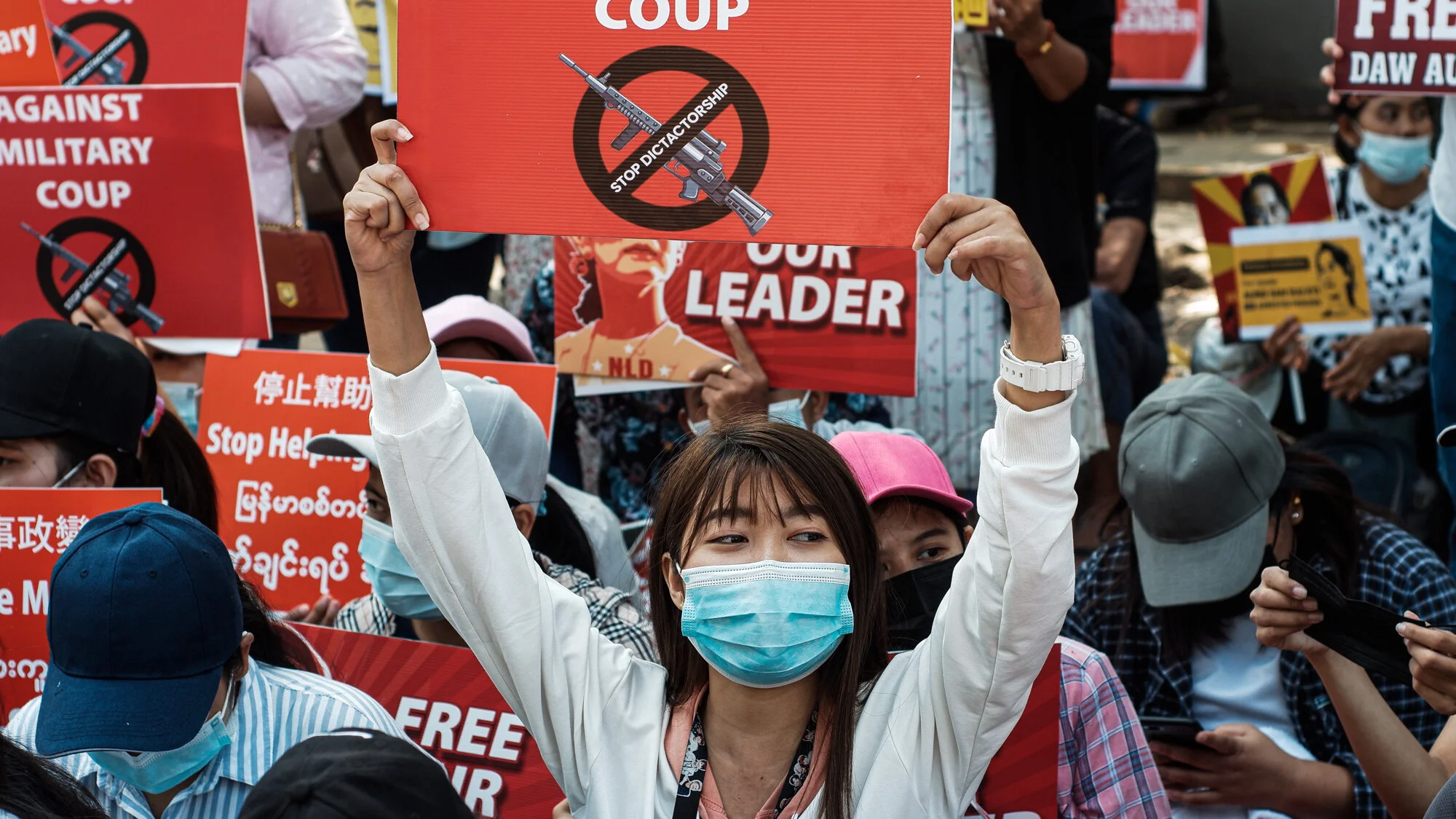With the 2021 United Nations Climate Change Conference concluding as of November 12th, many world leaders have acknowledged the severity of climate change and the necessity for action against it. While it is a promising sign that nations are recognizing the need for lower greenhouse gas emissions, there are some regions of the world that are suffering the consequences of climate change much more severely than others.
Read MoreIt was March when Maryam Petronin returned to Mali, only five months after a French hostage exchange guaranteed her freedom from a five-year captivity in the hands of a jihadist group. Petronin, the head of a children’s aid organization in Gao, went despite warnings from French authorities and in the face of a Malian arrest warrant, sparking criticism from the French government, including spokesperson Gabriel Attal, who described her actions as “a form of irresponsibility.”
Read MoreTen years ago, it seemed as if the day of the paper book was coming to an end. The popularity of e-readers seemed to some a harbinger of a digital reading future, one in which the book as we knew it would become superfluous. So far, this has failed to materialize, and in the years since then there has been an increasing realization that books have intrinsic value that cannot be replicated electronically.
Read MoreOn November 4, 2020, Ethiopian Prime Minister Abiy Ahmed ordered a military offensive against the regional forces of Tigray, a region of Ethiopia. Its leadership and forces once ruled Ethiopia before retreating back to their stronghold of Tigray after Ahmed took power. Ahmed stated that this was a response to an attack on a military base housing government troops in Tigray. This attack marked the escalation of the political tensions between Ahmed and the Tigray People's Liberation Front (TPLF).
Read MoreSudan was just weeks away from having its first civilian head of state since 1989 when the fledgling democracy was jolted by a military coup. This coup, the third in the nation's short 36-year history, is only one of four successful military coups that have occurred in sub-Saharan Africa in 2021, affecting over 90 million people across the region. Since 2019, the number of coups in sub-Saharan Africa, which had been declining since 2001, has doubled, relapsing back to the levels last seen in the 20th century.
Read MoreIf I were to ask you what is the first thing that comes to your mind when you think of Africa without any fear of social judgement, what would you say? The Lion King, poverty, coups, corruption, civil war, tribalism, zebras, and rhinos are all valid and understandable answers that most Westerners would respond with, including the writer of this article. Whether it be through mainstream media, disney movies, or controversial headlines, the West has looked at the African continent through a pitiful yet indifferent orientalist lens for centuries.
Read MoreDuring 2001-2021, many girls and women in Afghanistan relished the freedom of being able to pursue an education or earn their own wages. They no longer were required to be chaperoned by male relatives when leaving their home. Women also experienced greater representation in politics. In 2005, 68 out of 249 seats were reserved for female members in the lower house of parliament, and 23 out of 102 designated for women in the upper house.
Read MoreThe U.S. has one of the highest child poverty rates in the developed world, and children have the highest poverty rate among any age group in America. Our country is more than wealthy enough to resolve this issue — the continued existence of child poverty is a policy choice. How does a country that prides itself on its exceptionalism, reckon with the fact that so many of its youth sleep hungry or on the street?
Read MoreThe American populace, fueled with rage and revenge following the attacks on September 11, 2001, and the George W. Bush Administration took that anger and radically shifted the geopolitical position of the United States. Initiating the War on Terror, Bush placed the blame for the attacks on the Taliban, a militant group which had taken control of Afghanistan only a few years earlier in 1996.
Read MoreOn October 2nd, thousands of women marched in the streets of Washington D.C. and surrounded the Supreme Court, demanding that the justices uphold their right to an abortion. They shouted, “My body, my choice,” holding up signs of protest as they marched with fervor.
Read MoreYears ago, when Rachel Krengel and her family went into debt, Krengel said that menstrual products became “the first thing under the bus.” Krengel was forced to ration her menstrual products and would regularly use sanitary pads for close to a full day, instead of the recommended three to four hours—not only was this a health risk, but Krengel’s everyday functioning was disrupted by this. In fact, Krengel would have to sacrifice menstrual products to put food on the table instead.
Read MoreOn February 1st, military tanks began rolling into the capital city of Myanmar, Naypyitaw, and two other large cities, Yangon and Mandalay, effectively blocking roads. In an early morning raid the same day, the military (known as Tatmadaw), detained the democrat civilian leader Suu Kyi and other senior officials of the government. The military had successfully carried out a coup d'etat and officially seized control of Myanmar.
Read MoreIn the Nov. 8, 2020 parliamentary election in Myanmar, the National League for Democracy (NLD) won 396 out of 476 seats. The Union Solidarity and Development party (USDP)—a proxy for the Burmese military—lost to the NLD by claiming only 33 seats. The USDP contested the results, appealing to the Union Election Commission. The commission dismissed the allegation of voter fraud due to a lack of evidence.
Read MoreAmerican politicians are often humorously characterized in pop culture as disgustingly rich, self-serving, and entirely uncaring of the people they govern. They might be depicted smoking cigars, scheming, and cutting ruthless deals with other slimy characters to secure a big stack of cash. But how much of this caricature is fiction?
Read MoreNearly eleven million kids live in poverty in the U.S., or 1 out of 7 children. In the land of opportunity, many are denied resources equal to that of their own peers. With millions of children falling behind due to lack of food, stable housing, and healthcare, there is ample work to be done. Current assistance for low-income children and their parents is a patchwork of niche programs, temporary assistance, needless requirements, and bureaucratic burdens. To fix these broken aspects, assistance to the poor should embrace the goal of ensuring each child receives, at a minimum, adequate nutrition, housing, and healthcare.
Read MoreCongressional staffers are perhaps the most overworked and underpaid individuals on Capitol Hill. These finely dressed, experienced and educated individuals are the engine that keeps the federal government running. Yet murmurs of living off of food stamps and being unable to afford dry-cleaning can be heard echoing throughout the offices of our nation’s representatives.
Read MoreThe rainbow flags that filled Munich’s Allianz Arena during the European Championships soccer game between Germany and Hungary on June 23, 2021, signaled the approach of a new storm cloud over the European Union. A week prior, Hungary’s pseudo-autocratic ruling party Fidesz and its prime minister, Viktor Orban, passed a law banning the depiction of LGBTQ content in schools or for anyone under 18 years old. The justification given was typical for the Hungarian government, which sees itself as a bulwark against anti-Christian forces within Europe
Read MoreDevastating flare-ups between Israel and Palestine have become commonplace news that we seem to routinely observe in a seemingly never ending cycle. However, the tragic recent war between the Israeli government and Hamas, the fundamentalist militant group that has controlled Gaza since 2007, has already brought drastic new developments and may very well lead to the political and social changes necessary to promote a long term path for peace and a better life for the civilians involved.
Read MoreWhile there has been increasing awareness more than ever about unethical Big Pharma, many people are unaware about the role of universities in the drug delivery pipeline. They are crucial in the discovery process and are often the root of unfair licensing and patenting practices. A study conducted to assess the contribution universities have to pharmaceutical and biotechnology companies showed that of the 252 drugs approved by the FDA between 1998 and 2007, 24% of the drugs were discovered at a university.
Read MoreThe world is at a precipice of a new Cold War embroiling the Russian Federation with the United States of America. Since its inception after the collapse of the Soviet Union, the Russian bear has clawed its way through Ukraine and Georgia, and has thrown itself into conflicts in the Middle East and diplomatic spats with Europe. As during the Cold War, the Russians are labeled as a direct threat to US strategic interests, a label which has not been printed since 1991.
Read More
